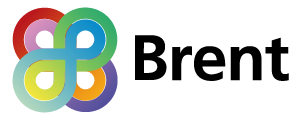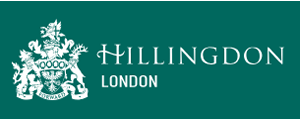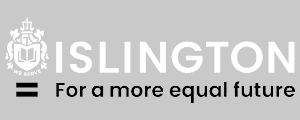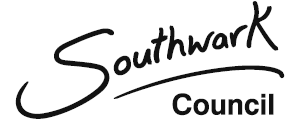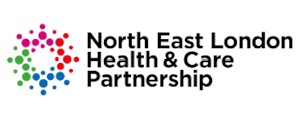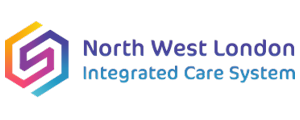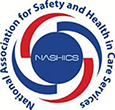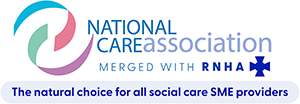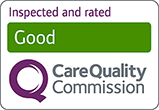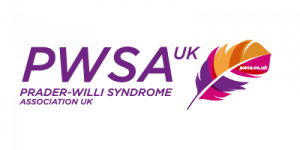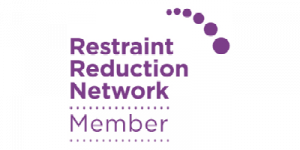Learning Disability
Learning Disability is not the same as Learning Difficulty. The latter does not affect someone’s intellectual ability, whereas the former does.
Examples of Learning Difficulties include Dyslexia, ADHD, Dyspraxia dyscalculia and dysgraphia. It is possible that both learning disability and learning difficulty can co-exist in individuals.
Learning disability is a lifelong condition which affects someone’s intellectual ability, which is significantly reduced, making it difficult for the individual to understand new or complex information or learn new skills. They struggle to cope independently with daily living activities or in interacting with people, and they take longer to learn. Several factors could cause Learning Disability which occurs when the brain is still developing before, during or soon after birth. A learning disability can be diagnosed at birth or during early childhood when developmental changes are noticed, but it is also possible that a diagnosis might not be made for several years or missed altogether. Conditions associated with learning disability include:
Autism
Aspergers Syndrome
Downs Syndrome
Cerebral Palsy
SYNGAP1
Global Developmental Delay
Willaims Syndrome
Fragile X Syndrome
Learning disability conditions can be mild, moderate, severe, or profound. Lots of people with a learning disability of any degree can still do things they enjoy and be independent and be involved in decisions about themselves.
The impact of the condition on the lives of our service users varies, and our range of support programmes is tailored to the specific needs, choices, and preferences of our service users. We work with specialist clinicians and social care professionals to provide support, including:
Person-centred and strength-based support model for our service users with this condition, in a safe, comfortable, and homely environment where they can thrive and lead a comfortable life.
Multi-professional team support and partnership to the care and support of our service users
Supported accommodation for those transitioning into adulthood and young adults.
With the assistance and guidance of healthcare professionals and clinicians, we implement management strategies and Positive Behaviour Support (PBS) programmes.
Social inclusion and integration by supporting the service user to access community facilities and religious and social-recreational activities safely.
Actively supporting the personal growth and development of our service users through engagement with educational, occupational, recreational facilities, day services
Support to access psychological, medical, and nutritional services and maintaining ongoing reviews with these clinical and managing the care pathways.
Mild – A person with a mild learning disability can usually hold a conversation and communicate their needs and wishes. They often care for themselves and complete daily tasks independently. However, they may need some support with complex tasks such as budgeting or filling out important documents.
Moderate – A person with a moderate learning disability can usually communicate their needs and wishes, however, it may take them more time than someone with a mild learning disability. They may need support with caring for themselves, but many can carry out daily tasks independently.
Severe – A person with a severe learning disability can usually communicate using basic words or gestures. They may need support when carrying out daily tasks such as cleaning and cooking, however many can complete their own personal care needs. Some people with a severe learning disability may have additional medical needs or need support with mobility.
Profound – A person with a profound learning disability (PMLD) usually has a severe learning disability as well as other medical conditions or disabilities. This significantly impacts their ability to communicate, and they may have a very limited understanding of information. People with a profound learning disability need a carer or carers to help them with most aspects of their everyday life such as eating, washing, and using the toilet.
